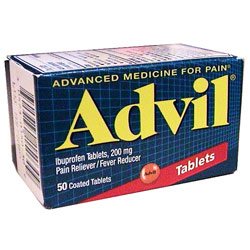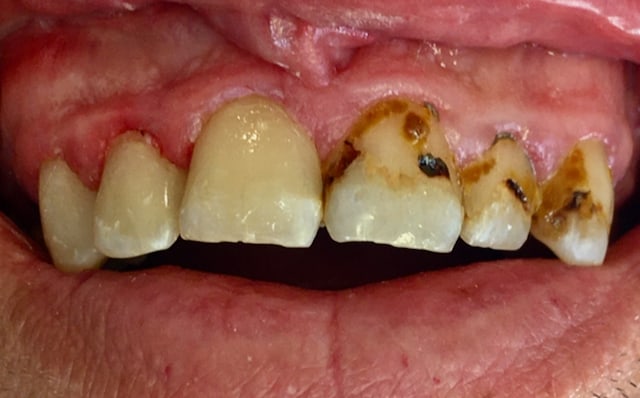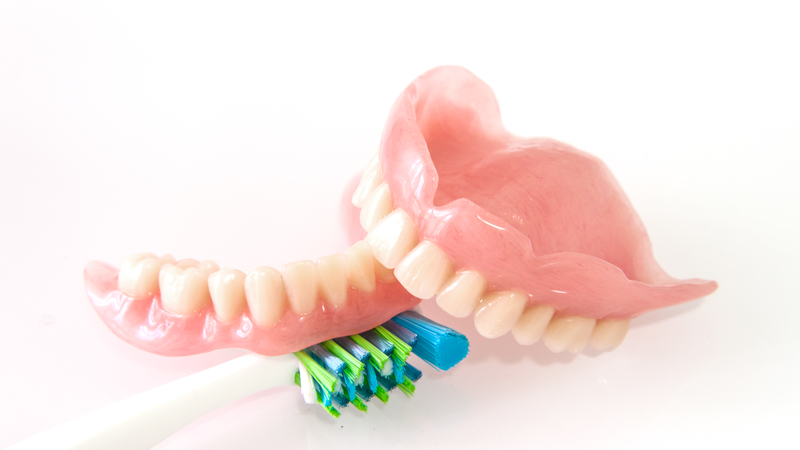What Is A
Hot Tooth?
Patients ask me 'What is a hot tooth?' quite often. They usually come in to my office with a toothache, and they hear my receptionist telling me that they have a hot tooth.
Of course, this is nothing to do with the actual temperature of the tooth! A 'hot tooth' is a tooth with an inflamed nerve in it. It can be difficult for the dentist to get the tooth properly numb, but there are anesthetic techniques that will work - see below.
The tooth is painful, and nothing the patient does seems to help. This extreme inflammation of the tooth nerve is called 'pulpitis'. There are 2 types of tooth pulpitis;
- Reversible pulpitis, where the inflammation can be treated and the nerve will recover.
- Irreversible pulpitis, where the nerve inflammation is too far advanced to save the nerve.
 A hot tooth
A hot toothWhat Is A
Hot Tooth?
What is happening to the nerve in a hot tooth?
Due to the inflammation in the tooth nerve, the tiny capillaries in the nerve become more permeable, which allows tissue fluid to leak out. In just about every other part of the body, this is the body's reaction to defend itself, as it allows the white blood cells to attack any infection.
This process causes the swelling around any kind of wound, for example if you get a splinter in your finger. However, there is a problem when this happens inside a tooth.
Because the tooth nerve and capillaries are encased inside a rigid tube (the tooth), this tissue fluid leaking out of the capillaries results in increasing pressure on the nerve. As the pressure goes up, the more it squeezes the tooth nerve, and the worse the pain becomes.
I guess you could say this is a major design flaw in the human body!
This is why cold water helps, because the cold causes the blood capillaries to constrict, which reduces the pressure inside the tooth. This works even faster in back teeth with old metal fillings, because the metal conducts the cold into the tooth faster than a tooth-colored filling.
 A cold pack will help
A cold pack will helpWhat are the first signs or symptoms of a hot tooth?
The first things most people notice are pain in the tooth with hot drinks or cold drinks. The pain lasts for a few seconds, and settles down quite quickly. At this stage, you might just think that you have some tooth sensitivity, and buy a packet of Sensodyne toothpaste. This may help to reduce the tooth sensitivity for a short time, but then it starts to get worse.
The next stage is that the pain on hot or cold takes longer to settle down. You may have a drink of coffee, for example, and you feel a sharp pain. The pain subside after about a minute, but you are left with a lingering ache for 20 to 30 minutes.
At this stage, the tooth nerve will probably have reversible pulpitis. This means that that your dentist can do something to settle the nerve down, get rid of your pain, and restore the tooth with a filling.
But this situation is borderline, and can quickly move to the next stage, which is irreversible pulpitis. As the name implies, this process cannot be reversed. The tooth nerve has started to die. How do you know if you have an irreversible pulpitis? There are a few pointers;
- The tooth reacts painfully to any form of heat, from a drink to warm food.
- The pain becomes severe, and does not subside after 5 minutes.
- Holding cold water over the tooth makes it feel better.
- The tooth starts throbbing for no obvious reason, especially at night.
What is the cause of a hot tooth?
There are several possible causes for a tooth to develop irreversible pulpitis. Just because you get a hot tooth, it doesn't mean that you have done something wrong or neglected your teeth. Possible causes include:
- Decay in a tooth. Decay is caused by bacteria, and if the cavity is deep enough, bacteria will start to reach the nerve in the middle of the tooth.
- Trauma to the tooth. This could be a direct blow to the tooth, maybe from a fall, or getting hit in the mouth with something; or it could be the result of a crack through the tooth from biting something hard. A few years ago I cracked a back molar on a peppercorn - that was painful!
- Clenching or grinding your teeth at night when you are deeply asleep.
- A tooth having had several deep fillings replaced over many years. This has also happened to me.
What Is A
Hot Tooth?
What can you do to help a hot tooth?
The first thing is to take some painkillers. If you are in a lot of pain, there is a very specific regime using over-the-counter products that provides a high level of pain control: take 600 mg to 800mg of ibuprofen (3 standard Advil tablets) WITH 1000 mg acetaminophen / paracetamol (2 Extra-Strength Tylenol), and repeat every 6 hours as needed.
Don't exceed 3 grams of acetaminophen / paracetamol (6 Tylenol tabs) a day, and don't take it in combination with alcohol. Do not use this if you have a peptic ulcer, or liver/kidney disease. This should help your pain for now.
Note; Acetaminophen and Paracetamol are the same thing.
Also, try holding cold water over the tooth when the pain flares up. This will help to control the pain until you can get to a dentist.
 Advil (Ibuprofen)
Advil (Ibuprofen)What can a dentist do for a hot tooth?
Because the inflammation in the tooth nerve is not reversible, the only way to save the tooth is with root canal therapy. The dentist will get the tooth really numb for you, and removed the inflamed nerve. Your toothache will be gone!
As I mentioned at the start of this article, a hot tooth can be difficult to numb. However, there are several things a dentist can do to help. You can read about these techniques at my page on dental anesthetics.
If you are really nervous, your dentist may be able to offer you some sedation with a couple of tablets (Diazepam) before treatment, or intra-venous sedation with Hypnovel, or nitrous oxide ('laughing gas').
After the root canal treatment, the inflamed nerve will be gone, and your dentist will fill the space with a root filling, with a normal filling over the top, or sometimes a crown, to seal the root filling from bacteria getting back in.



